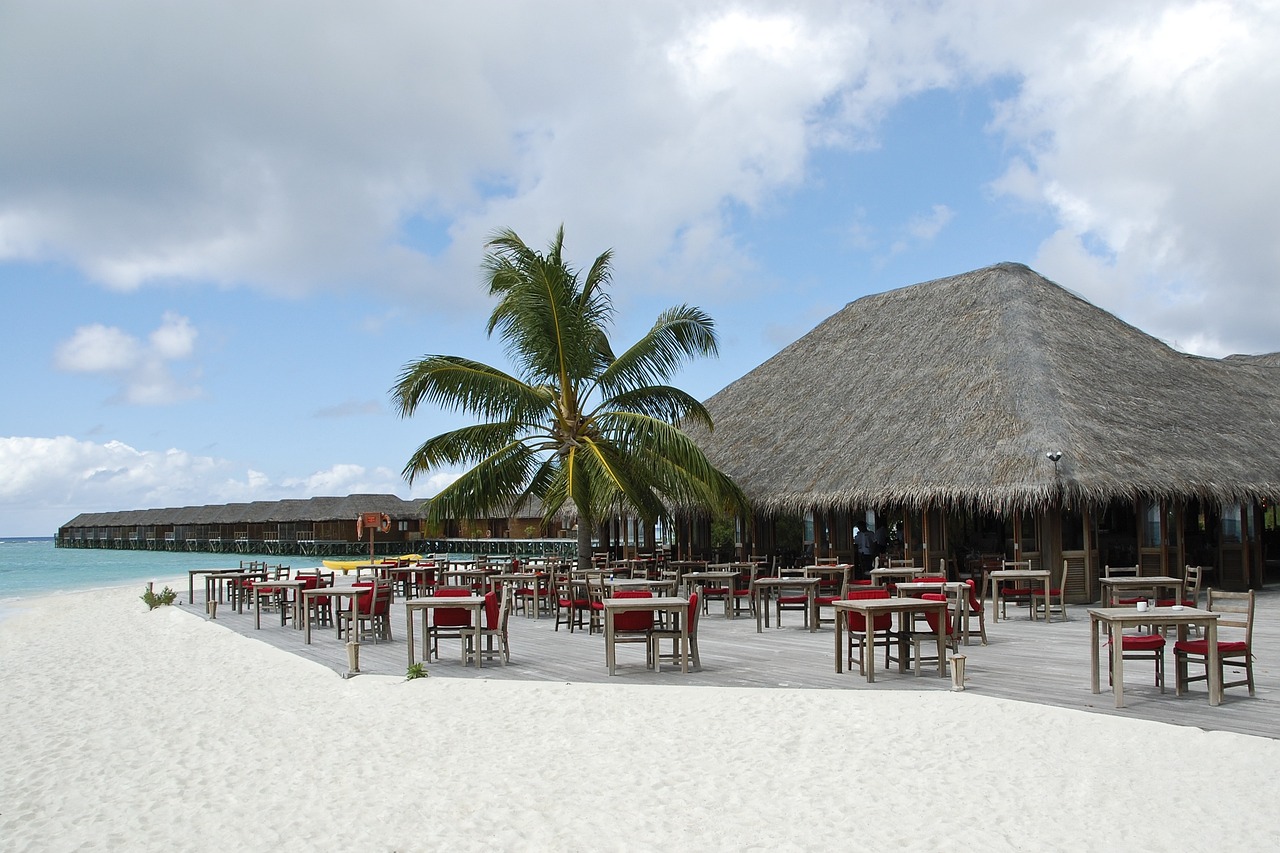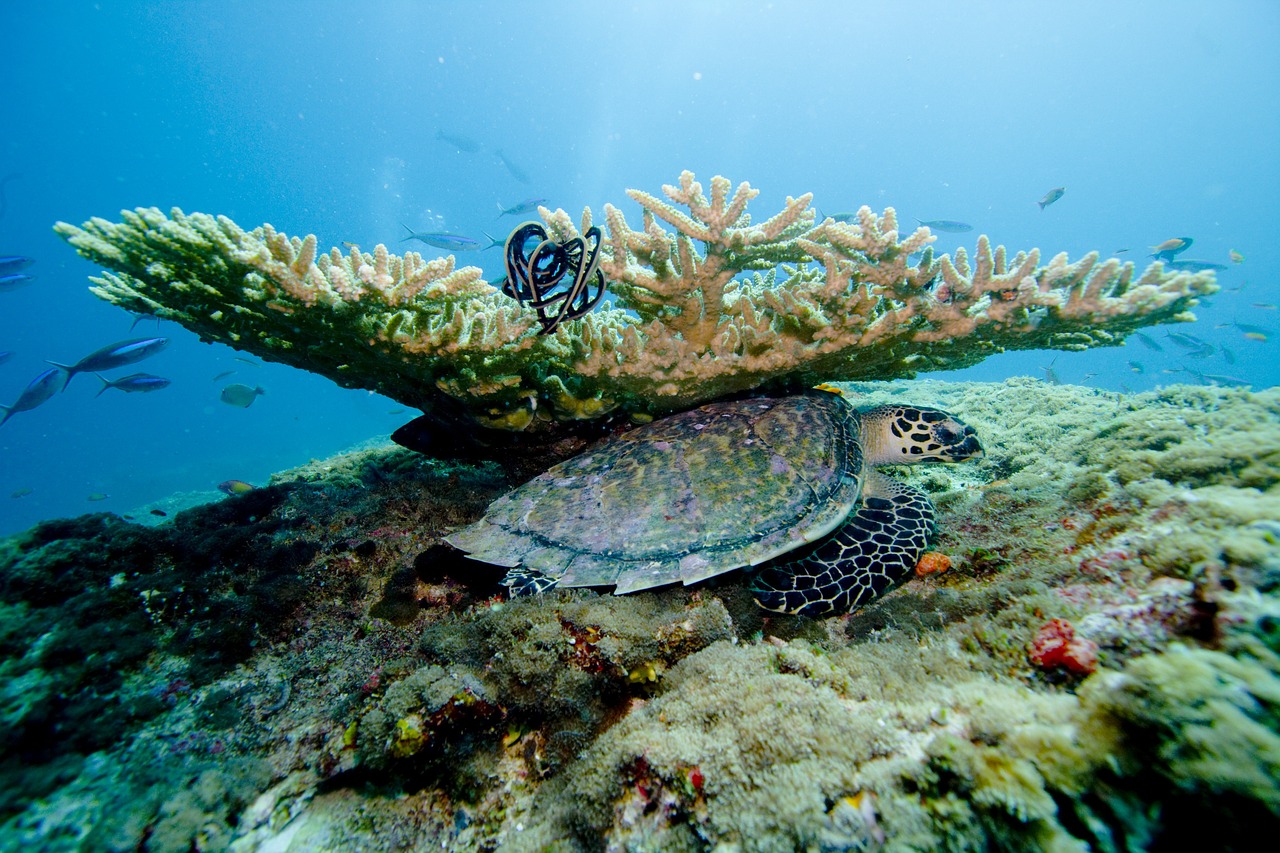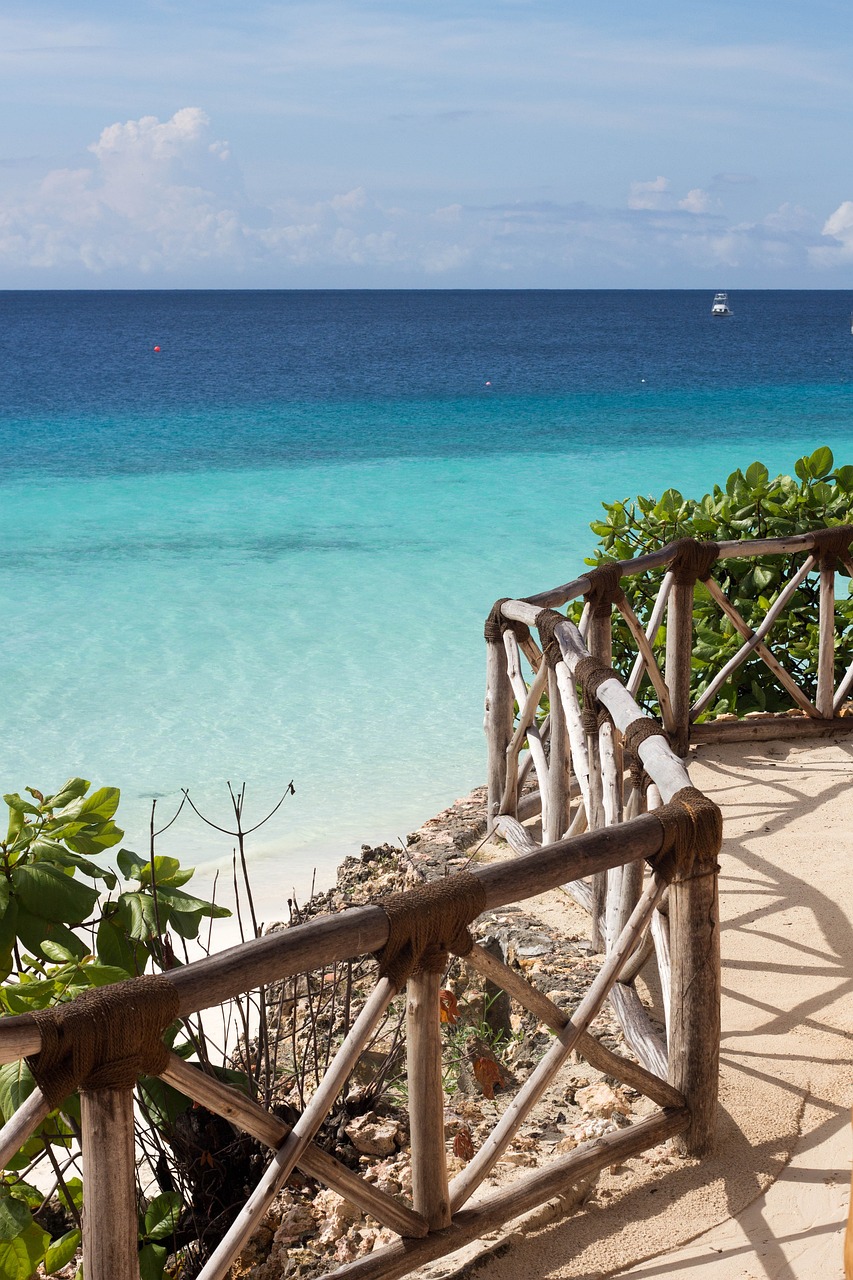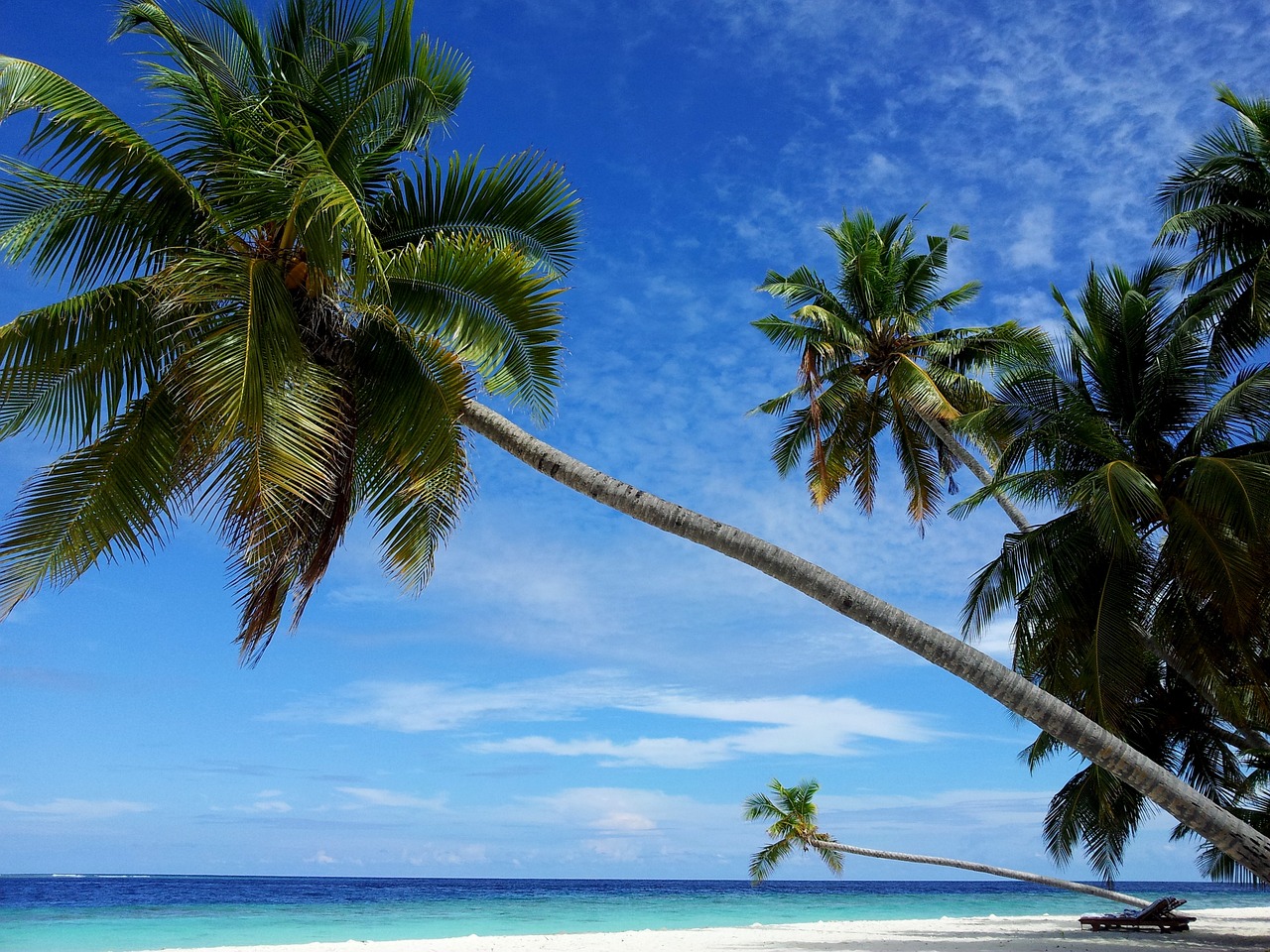Visa and Stay Regulations for Digital Nomads in Maldives
The Maldives is a tropical paradise known for its stunning white sand beaches, crystal clear waters, and vibrant marine life. It has become an attractive destination for digital nomads looking to combine work and leisure in a picturesque setting. If you’re considering working remotely from the Maldives, it’s essential to understand the visa and stay regulations specific to digital nomads. This article provides a comprehensive guide to help you navigate the requirements and enjoy your stay in this idyllic island nation.
Visa Types
- Tourist Visa: Digital nomads can enter the Maldives on a tourist visa, which allows a stay of up to 30 days. This visa is issued upon arrival at the airport and does not require any prior application.
- Business Visa: If you plan to stay in the Maldives for more than 30 days, you can apply for a business visa. This visa allows a stay of up to 90 days and requires sponsorship from a local company or organization.
- Work Visa: Digital nomads who intend to work for a Maldivian company or set up their own business need to obtain a work visa. This visa allows a longer stay and requires sponsorship from an employer or proof of business registration.
Applying for a Business or Work Visa
- Required Documents: To apply for a business or work visa, you’ll need a valid passport with at least six months of validity remaining, a completed visa application form, a passport-size photograph, a letter of sponsorship or employment contract, and any other supporting documents as requested by the Maldivian authorities.
- Application Process: The visa application process can be initiated online or through the Maldivian embassy or consulate in your home country. It’s advisable to start the application process well in advance to allow for any processing delays.
- Processing Time: The processing time for business and work visas can vary, but it typically takes a few weeks. It’s recommended to check with the relevant authorities for the most up-to-date information.
Extending Your Stay
- Visa Extension: If you need to extend your stay in the Maldives, you can apply for a visa extension at the Department of Immigration and Emigration. Extensions are granted on a case-by-case basis and may require valid reasons such as ongoing work projects or exceptional circumstances.
- Overstay Penalties: It’s important to adhere to the visa regulations and avoid overstaying your visa. Overstaying can result in fines, deportation, and potential bans from reentering the country.
Cost of Living
- Accommodation: The cost of accommodation in the Maldives can vary significantly depending on the island and type of accommodation. Luxury resorts can be quite expensive, while guesthouses and budget-friendly options are available on local islands.
- Food and Dining: Dining out can be costly, especially in resorts. However, local restaurants and street food stalls offer more affordable options. Cooking your meals can also help reduce expenses.
- Transportation: Getting around the Maldives typically involves speedboats or domestic flights. These transportation options can add to your expenses, so it’s advisable to plan and budget accordingly.
- Activities and Entertainment: The Maldives offers various activities such as snorkeling, diving, and island hopping. These activities may come with additional costs, so it’s important to factor them into your budget.
Healthcare and Insurance
- Healthcare Facilities: The Maldives has both public and private healthcare facilities. While the quality of healthcare is generally good in resorts and major population centers, it may be limited on remote islands.
- Health Insurance: It’s crucial to have comprehensive health insurance that covers medical emergencies, evacuation, and repatriation. Ensure that your insurance policy is valid for the duration of your stay in the Maldives.
Internet and Connectivity
- Internet Availability: Internet connectivity in the Maldives is generally reliable, especially in resorts and urban areas. However, speeds and coverage may vary on remote islands.
- Mobile Networks: Local mobile network operators offer prepaid SIM cards, which can be easily purchased and topped up for data and calling services.
Working Environment
- Coworking Spaces: While coworking spaces are not as prevalent in the Maldives as in other digital nomad hotspots, some resorts, hotels, and guesthouses offer dedicated workspaces with internet access.
- Remote Work Culture: The Maldives is still developing as a remote work destination, but the concept of digital nomadism is gaining traction. It’s important to respect local customs and work regulations while enjoying the island lifestyle.
Local Culture and Etiquette
- Cultural Sensitivity: The Maldives is a Muslim-majority country, and it’s essential to respect local customs and traditions. Dress modestly when visiting local islands and be mindful of religious practices.
- Environmental Conservation: The Maldives is known for its fragile ecosystem. Take care to preserve the environment by practicing responsible tourism and following eco-friendly practices.
Maldives Image 1:

Conclusion
Working as a digital nomad in the Maldives offers a unique opportunity to combine work and leisure in a breathtaking tropical setting. By understanding the visa and stay regulations, embracing the local culture, and planning your finances and logistics, you can make the most of your experience in this paradise destination.
Maldives Image 2:

References
- Department of Immigration and Emigration – Maldives
- Maldives Tourism Board
- Ministry of Foreign Affairs – Maldives
- Maldives Immigration
Maldives Image 3:



